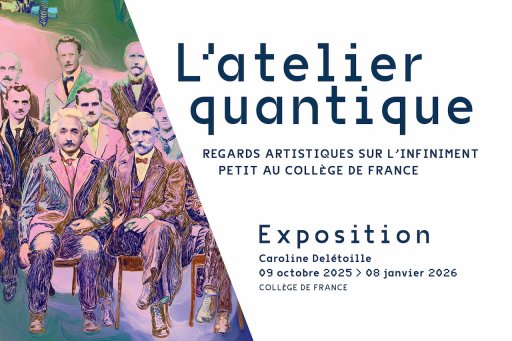
The development of new technologies for harnessing renewable energies, such as solar and wind power, which are diluted and intermittent, requires the development of energy storage processes. One way of storing these energies is to transform them into chemical energy, for example by converting carbon dioxide into carbon molecules, through the formation of energy-rich carbon-hydrogen and carbon-carbon bonds. In a way, it's a case of going backwards. The increase inCO2 in the atmosphere comes from human activities, through the combustion of oil, gas and coal. With this strategy, the dream is to recover thisCO2 and transform it into fuels, thus closing the cycle - a virtuous cycle.CO2 then becomes a molecule of interest, a rich source of carbon for human uses, and no longer the molecule accused of all the evils (global warming). Unfortunately, the challenge is so great that theCO2 molecule is so stable and so difficult to activate in order to transform it. The constraints are not only thermodynamic, but also kinetic. We therefore need to develop high-performance processes, including efficient catalysts for the reactions under study.
The presentation will review the issue ofCO2 capture and sequestration, the current use ofCO2 in industry (production of urea, methanol, carbon monoxide, formic acid and carbonates), and emergingCO2 recovery technologies (hydrogenation, electroreduction and photoreduction ofCO2, synthesis of polycarbonates, fine chemicals, biotechnologies, etc.).
Conference open to the public and organized by the FrenchAcademy of Sciences.









